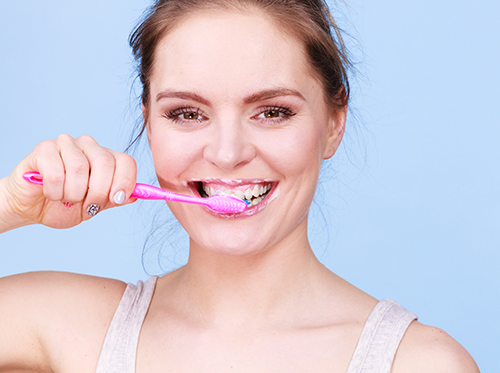Going on vacation? Remember these simple tips!
June 7th, 2017

If you are wearing braces and are planning a vacation, our team at Hamilton Orthodontics would suggest that you be prepared. We put together a list of items that will be handy to have with you at all times while you are out of town. They include:
- Toothpick, flosspick, or other interdental cleaners
- Travel toothbrush
- A water bottle or a mini bottle of mouth rinse
- Orthodontic wax to help with discomfort from protruding wires
- A small mirror for examining any possible issues in your mouth
Putting these items together in a “braces/oral hygiene kit” may be wise. You may even buy pre-made braces kits. Please ask us for more information.
If you happen to be on vacation and experience problems reaching our office, we suggest going online and searching for orthodontic practices in your area. Most orthodontists will lend a helping hand to another orthodontic patient and get him or her out of pain or discomfort.
We also suggest avoiding the following foods to prevent broken brackets and/or wire distortion while you are on vacation:
- Chewy, sticky, or gummy food
- Apples, pears, and other whole fruits (cut fruit into wedges before consuming)
- Bagels and hard rolls
- Corn on the cob
- Hard candies
- Hard cookies or pretzels
- All varieties of nuts, including peanuts, almonds, and cashews
Finally, if you are wearing clear aligners and happen to lose your tray, don’t worry! Simply put in either the previous tray or the next tray and contact us as soon as you get home!
Follow these tips and you can have a worry-free vacation! Please give us a call if you have any questions!




